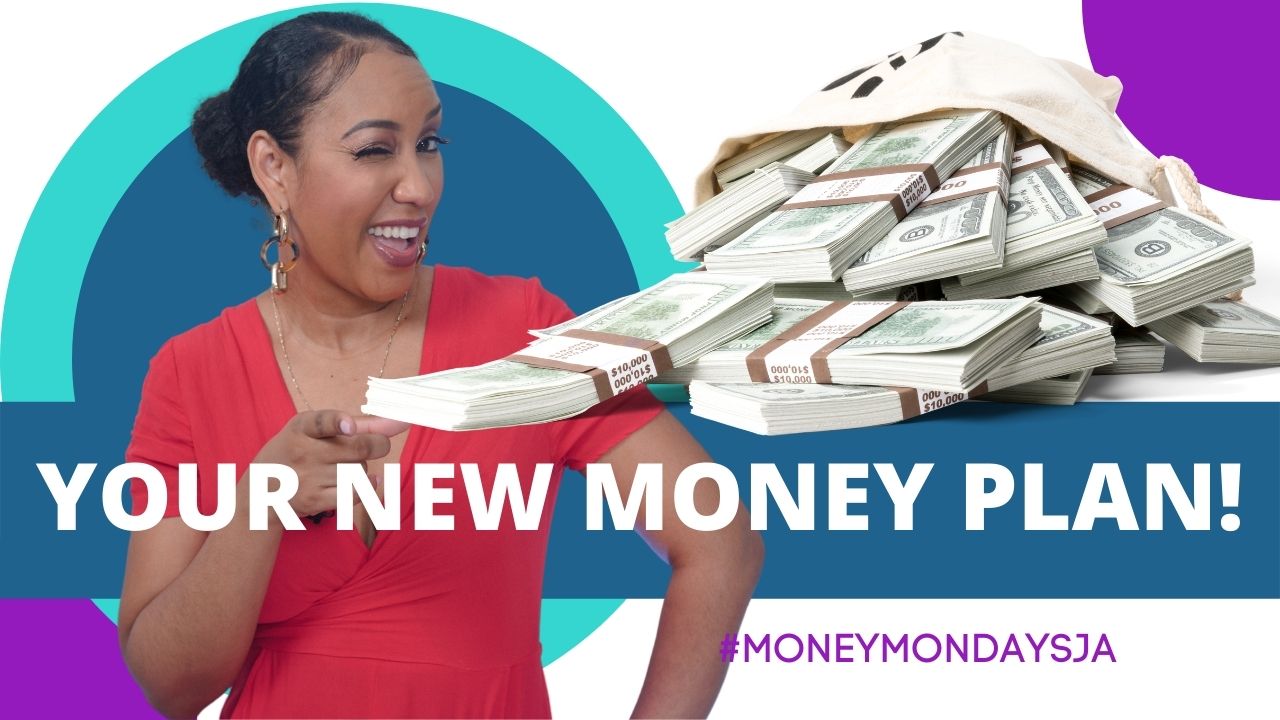The bills just keep piling up and you don’t have the money to pay them off. But you don’t want people to know that you don’t have the money. Does that make you and your business a failure?
MoneyMondaysJa: Bankruptcy Explained
By: Danielle Brown
So, your creditors are beating down your door, you owe everyone that you know money and now you’re taking on more debts to pay your early creditors. Whether it’s your business or your personal finances that have sunk you into debt, it’s gotten to a point where you can’t ignore the truth anymore: you don’t have enough money. Declaring bankruptcy may be your only option. Bankruptcy is a legal proceeding involving a person or business that is unable to repay their outstanding debts. And though it sounds counterintuitive, declaring bankruptcy may be your best option to pay off those debts. Speaking with immediate past president of the Jamaican Bar Association and head of litigation at DunnCox Emile Leiba on MoneyMovesJa, “Bankruptcy offers an individual or business a chance to start fresh by forgiving debts that simply cannot be paid while giving creditors a chance to obtain some measure of repayment based on the individual’s or business’s assets available for liquidation.”
The good news is that bankruptcy offers everyone a clean slate by paying off their respective debts. The bad news is that this involves selling your assets to repay those debts. And unfortunately, the bad news only gets worse. When an individual declares bankruptcy, this can affect their personal finances beyond having their assets sold. Different parts of the Caribbean have different laws about what positions a bankrupt can’t hold. For example, a bankrupt can’t practice law or be a director of a company. Declaring bankruptcy can also damage your credit score and affect your ability to take out a loan.
When a company declares bankruptcy, the outcome is more involved because there are more people involved. A receiver is put in charge of the company’s assets, replacing the board of directors. For public companies, bankruptcy will also affect the value of shares on the stock market. While the business may not necessarily close, bankruptcy will force them to restructure and sell assets, which will affect the company’s value. Shares may continue trading on the stock market but the value of these shares will plummet, spelling bad news for shareholders hoping to recoup their investment. Furthermore, shareholders likely won’t see dividends after a bankruptcy declaration, because repaying creditors takes precedence to paying shareholders.
After hearing all of those negative outcomes, you must be asking “why should I declare bankruptcy?” And you’re right; there are a lot of negative outcomes. Which is why it’s not recommended that you declare bankruptcy often or at all if you have better options. Regardless of if you declare bankruptcy, you’ll still have creditors knocking on your door. But a part of the process of being declared bankrupt would temporarily halt that metaphorical door knocking. Once a Notice is filed with Office of the Supervisor of Insolvency, any legal proceedings brought against you by your creditors would be paused to allow time to create a repayment plan. Depending on how much debt you owe, how valuable your assets are and the repayment plan between you and your creditors, you may pay less than what you actually owe and may be able to salvage a few assets from sale. And you would still be discharged from that debt.
The beauty of being declared bankrupt, and yes there is a beauty to it, is that bankruptcy is not a life sentence. In the present state of being a bankrupt, it may affect your ability to hold certain positions or get a loan. However, it’s perfectly possible to have a successful business in the future. Furthermore, once you’ve been discharged, your new business and income are safe from those past creditors and debts. Declaring bankruptcy also doesn’t mean that your business has to close. In 2020, telecommunications giant Digicel declared bankruptcy of approximately $7.4 billion. But our phones still work and it’s likely that Digicel won’t be closing their doors anytime soon.
Whether you’ve heard about bankruptcy through CNN or Netflix, we’ve been conditioned to think of bankruptcy as being penniless, with nothing but the clothes on your back. But it’s useful to remember that bankruptcy is a temporary state so long as you work to get your finances back in order and it’s not a sign of personal or career failure.
Categories: MoneyMondaysJA
Audio Only
More #MoneyMondaysJA Episodes






Leave A Comment